

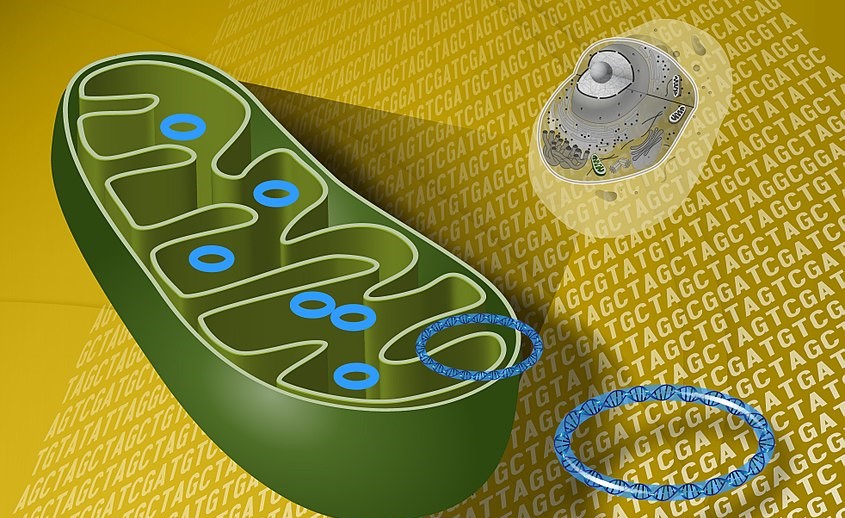
Infection by SARS-CoV-2 can suppress the expression of mitochondrial genes involved in production of ATP cell fuel in many vital organs. The discovery paves the way to a search for strategies to restore mitochondrial function.

Scientists in Brazil have tested a method to obtain a substance similar to estrogen from soy isoflavones. They aim to create a product that reduces the discomfort suffered by many women in the menopause.
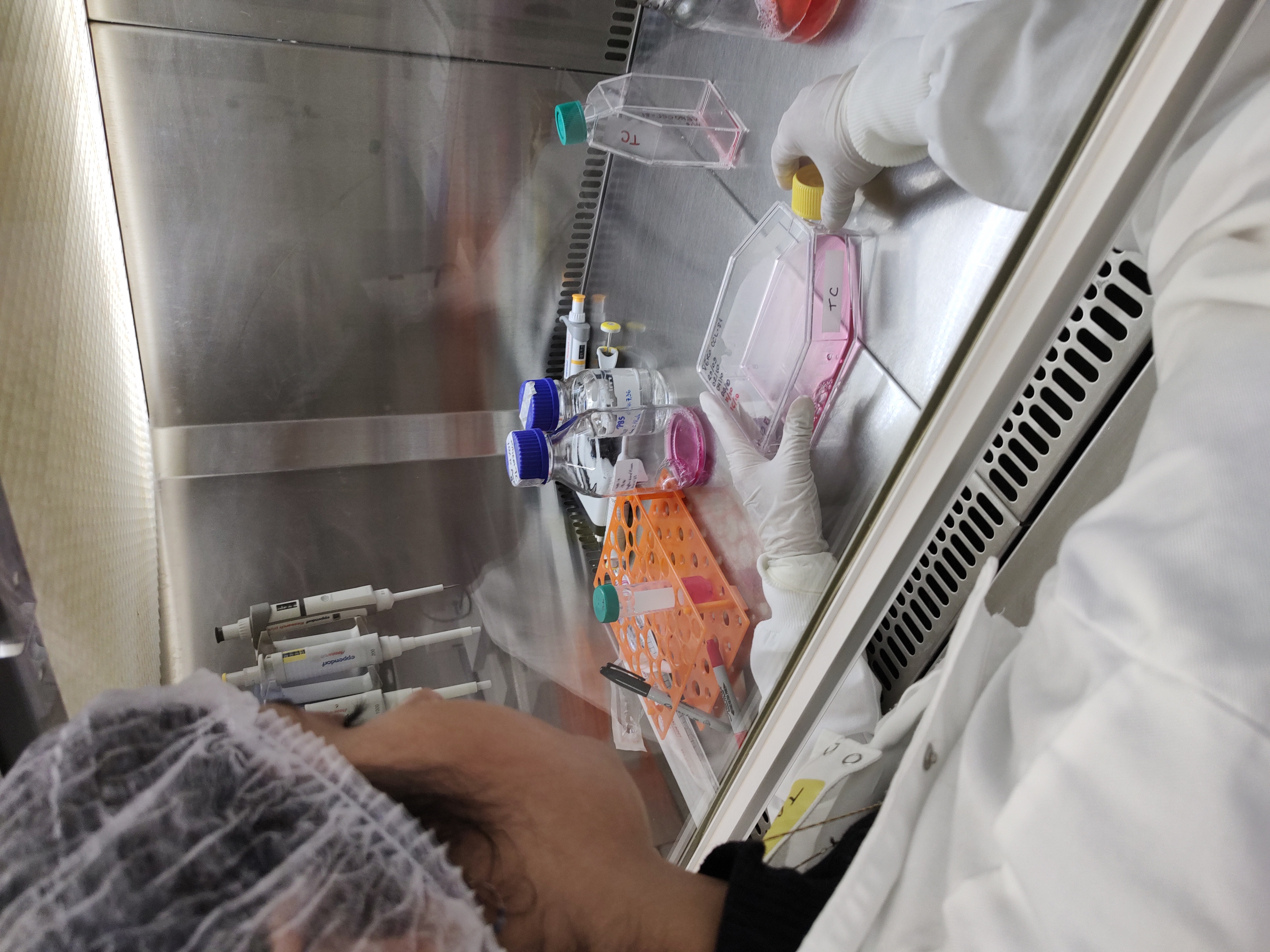
Results of tests with the substance pave the way for the development of medications or specific vaccines against zika, for which there is currently no treatment. The number of cases rose 20% year on year in the first seven months of 2023.
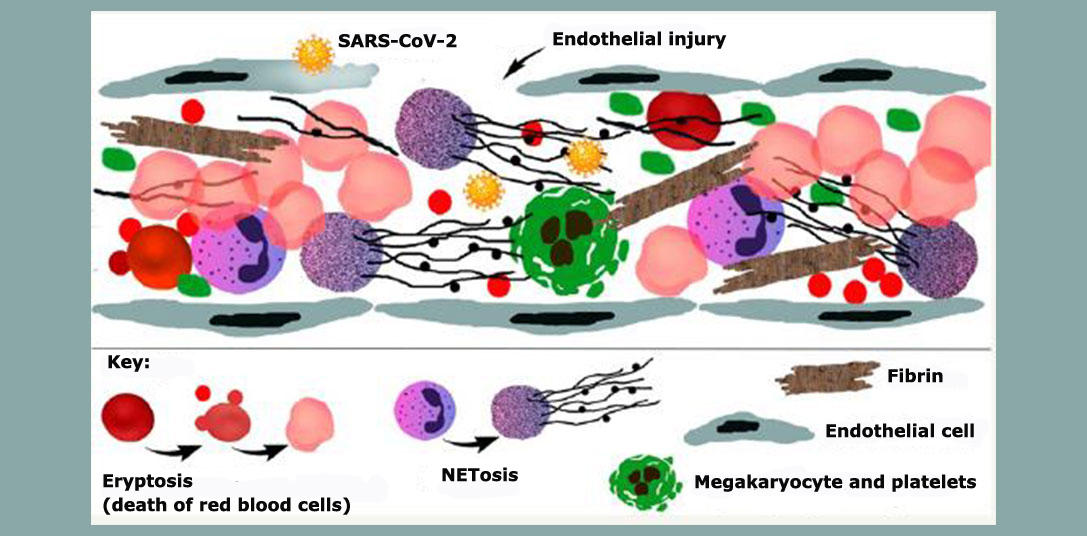
In an article published in the Journal of Applied Physiology, researchers at the University of São Paulo show that damage to small blood vessels in the lungs caused by SARS-CoV-2 is the main factor underlying severe COVID-19.

Technology developed by a startup supported by FAPESP has been used to improve the performance of athletes like soccer goalkeeper Ederson, who plays for Manchester City and Brazil’s national side, and to reduce the number of accidents caused by human error in the petrochemical and meatpacking industries.
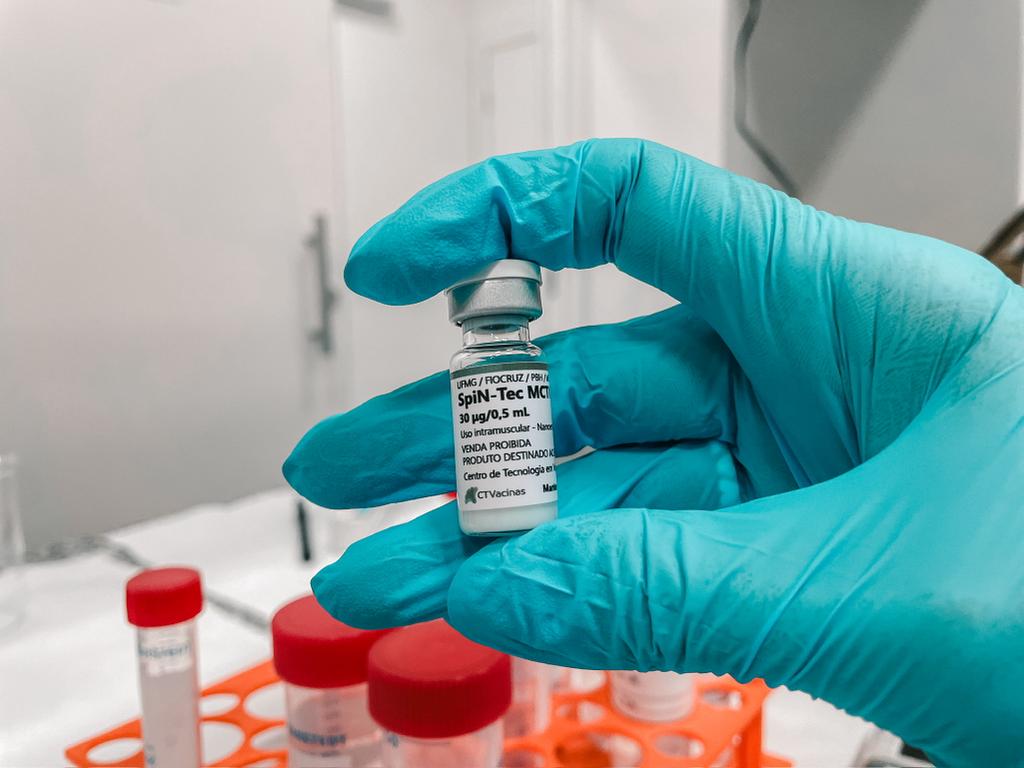
Called SpiNTec, the vaccine can induce a more lasting immune response and should be more effective than vaccines currently available in Brazil against variants of the novel coronavirus SARS-CoV-2, according to the leader of the local vaccine development project, who took part in the FAPESP 2023 School in Exact and Natural Sciences, Engineering and Medicine.
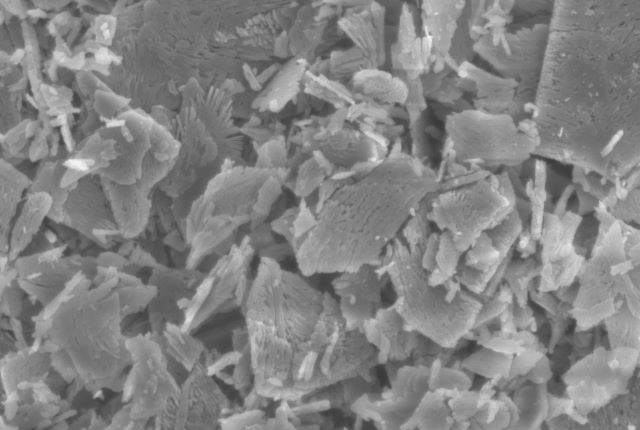
In vitro experiments showed cobalt-doped calcium phosphate to be capable of stimulating bone cell differentiation by mimicking a low-oxygen environment. Next steps include animal testing.
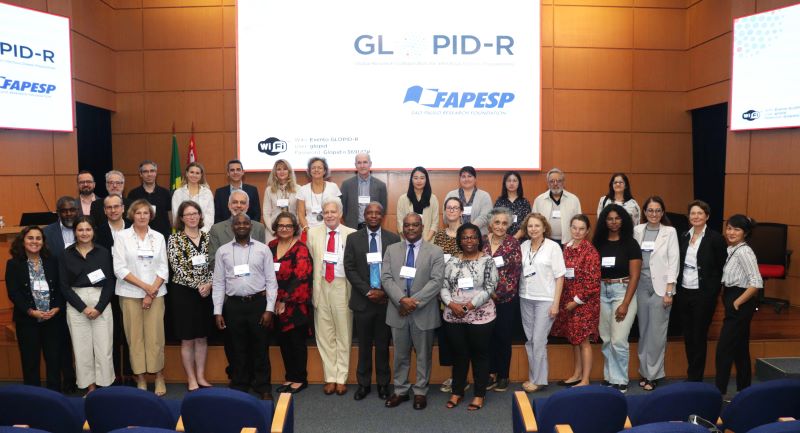
The Ninth General Assembly of the Global Research Collaboration for Infectious Disease Preparedness, representing funding agencies, research institutions and government bodies from around the world, was held at FAPESP in São Paulo, Brazil, on October 24-25.
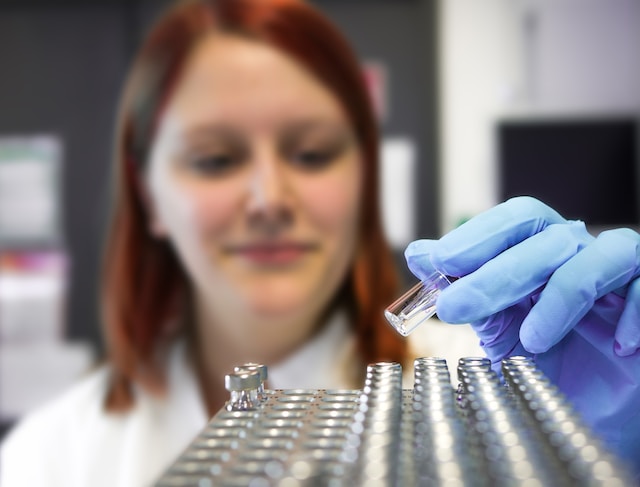
Scientists at the University of São Paulo’s Center for Research on Redox Processes in Biomedicine used a novel technique they themselves developed to identify altered molecules in an animal model of amyotrophic lateral sclerosis (ALS).
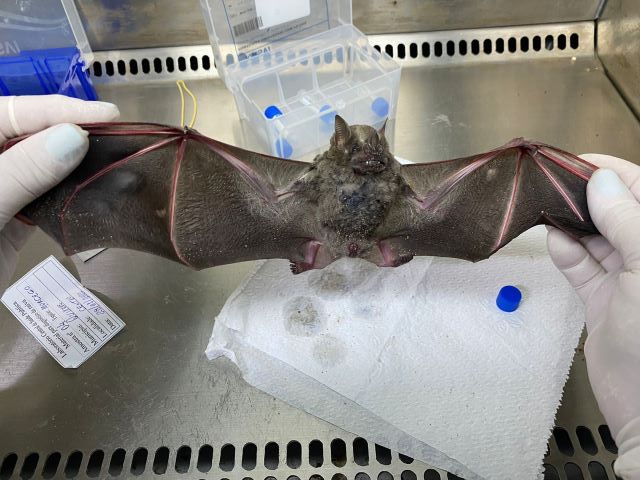
The emergence of rabies in distinct wildlife species is a potential source of human infection and poses life-threatening risks. As the researchers responsible for the discovery warn, anyone who comes into contact with these animals should alert the authorities. A 36-year-old farm worker died in May, only weeks after being bitten by a marmoset.
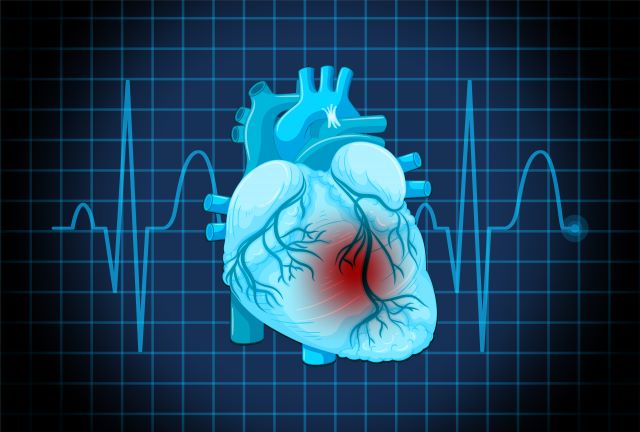
Results of trials involving animals, cell cultures and human heart tissue are reported in the European Heart Journal. The study was conducted by researchers at USP in partnership with a biopharmaceutical firm, offering hope to 2 million Brazilians who suffer from the disease.
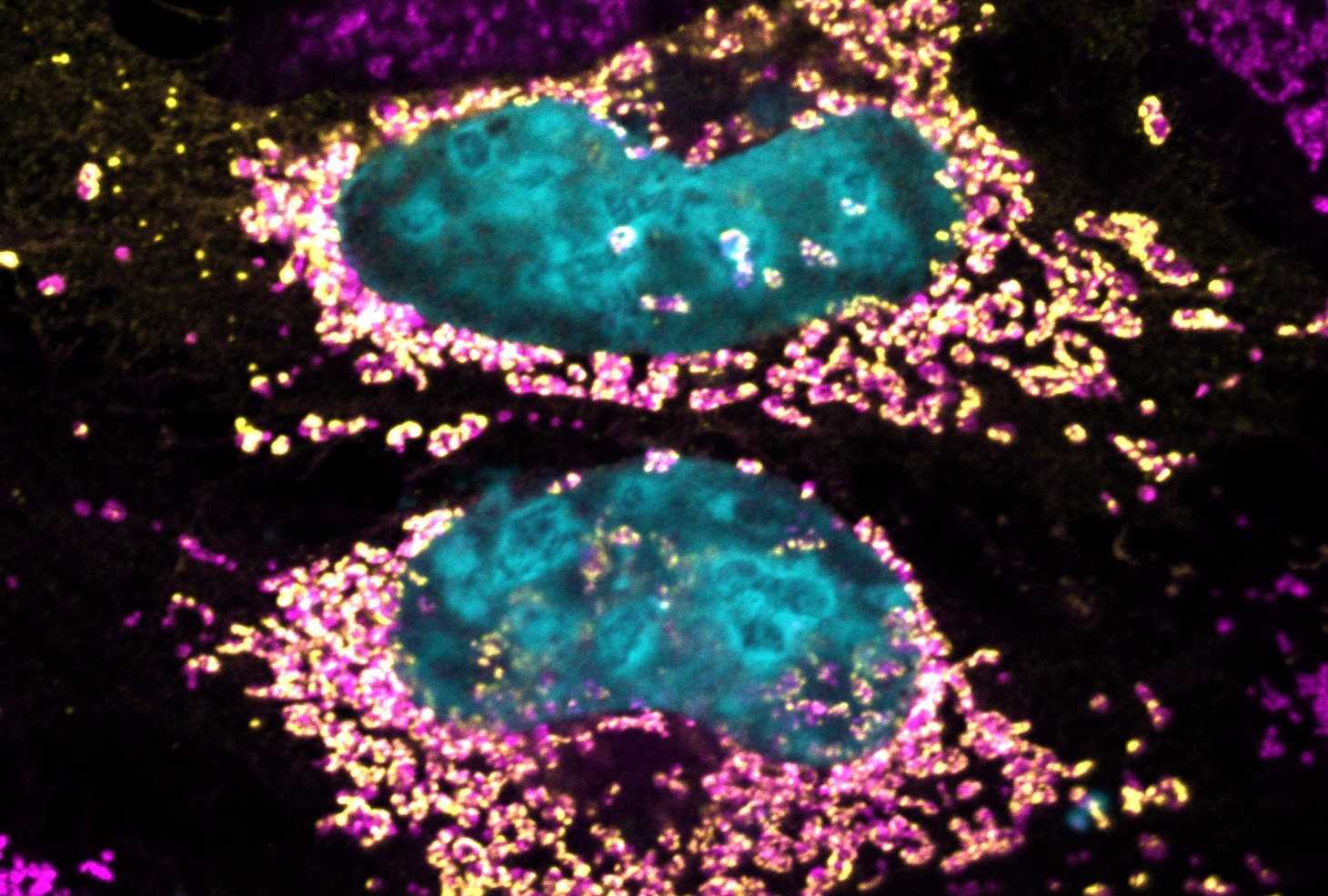
An article published in PNAS by Brazilian and Australian researchers describes a hitherto unknown protein with anti-oxidizing properties secreted by Coxiella burnetii, a Gram-negative intracellular bacterium, pointing to possible treatments for auto-immune diseases and even cancer.

A study compared geographical and socioeconomic dimensions of the disease in São Paulo and the Barretos region. Incidence was far higher in the former but mortality rates were similar, suggesting overdiagnosis in specific areas and social groups.
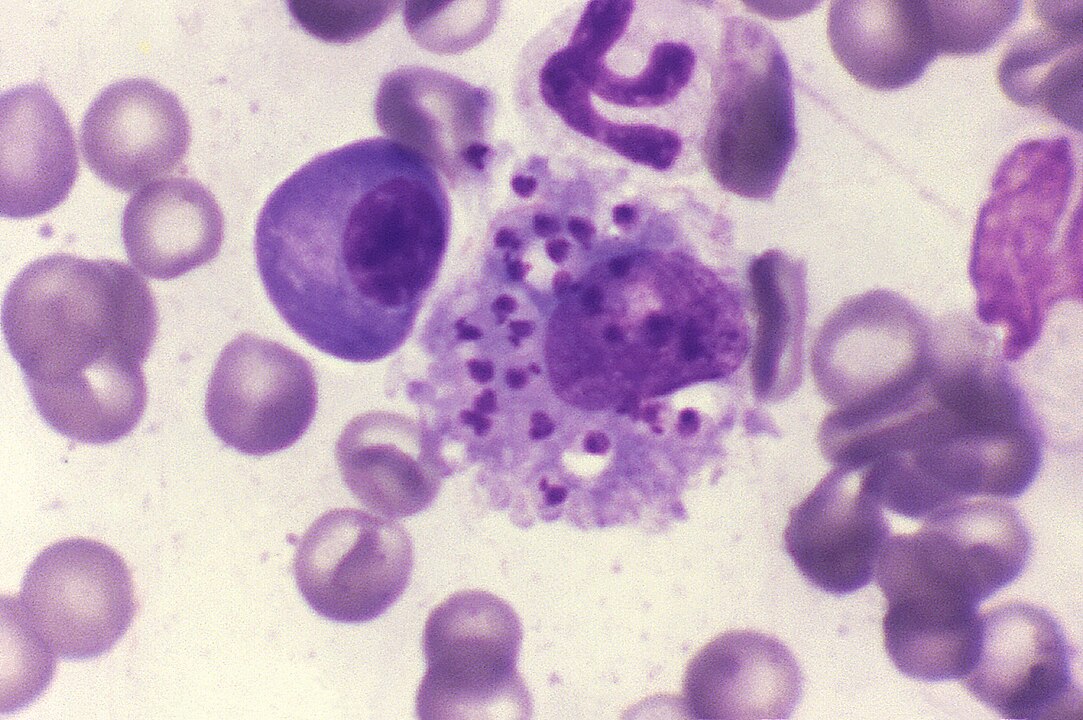
The test developed by Brazilian researchers accurately identifies the causative agent in less than two hours, so that treatment can be properly targeted. Brazil is seeing a growing number of cases of co-infection by protozoans Leishmania infantum and Crithidia.
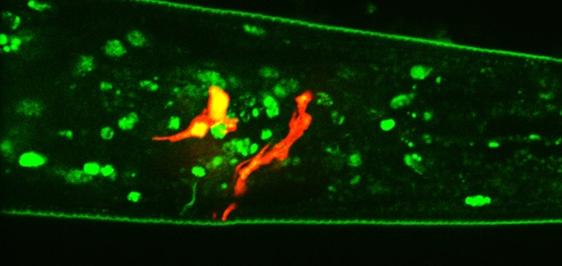
In nematode worms exposed to a compound secreted by pathogenic bacteria, researchers observed activation of a neural circuit resulting in a longer lifespan and less protein aggregation, one of the causes of neurodegenerative diseases. The discovery paves the way for the development of treatments for age-related diseases.
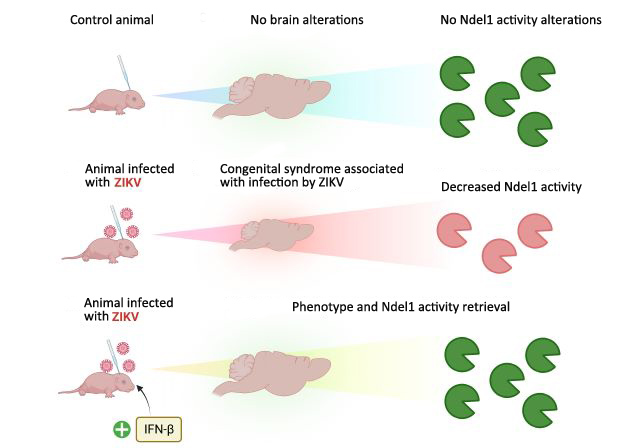
Brazilian researchers showed that brain activity of Ndel1, an enzyme that plays an important role in neuron differentiation and migration, decreased in mice infected by zika during pregnancy. The enzyme could become a biomarker for early diagnosis of the congenital syndrome associated with zika.

The product, which contains the anti-inflammatory protein annexin A1, accelerated complete skin wound healing in mice, and has the potential to become part of the arsenal of treatments for a disease that affects 17.7 million Brazilians.
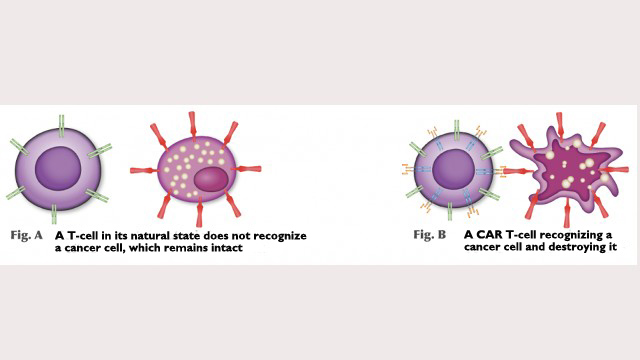
Opened in 2022 with FAPESP’s support, Nutera is Latin America’s first cellular product manufacturing plant. It is run by researchers from Butantan Institute and the University of São Paulo’s Ribeirão Preto Blood Center, and could become a supplier to the SUS, Brazil’s public healthcare network.

Findings reported in the journal Antibiotics by scientists working in Brazil and the United States pave the way for the development of drugs against resistant bacteria.

Research conducted at the University of São Paulo involving 95 volunteers associated poor sleep quality with a deterioration in the complications caused by aging and overweight, such as anxiety, depression, body fat gain, and loss of muscle mass and strength.
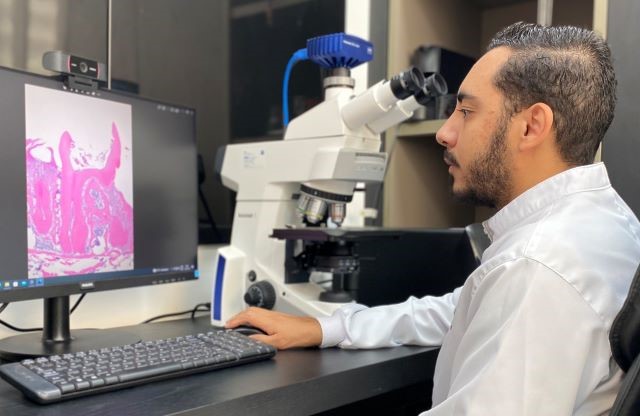
Researchers at the University of São Paulo showed in mice the importance of the signaling pathway mediated by the pro-inflammatory cytokine TNF-α and its receptor TNFR1; the discovery could now help scientists develop medications for oral health.
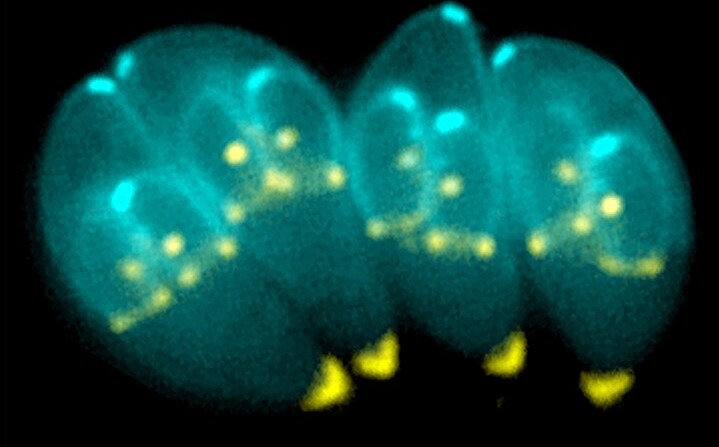
Brazilian researchers screened 160 compounds known to be effective against SARS-CoV-2 and identified those that also act against the protozoan parasite Toxoplasma gondii. The most promising will be tested in humans for treatment of the chronic form of the disease.
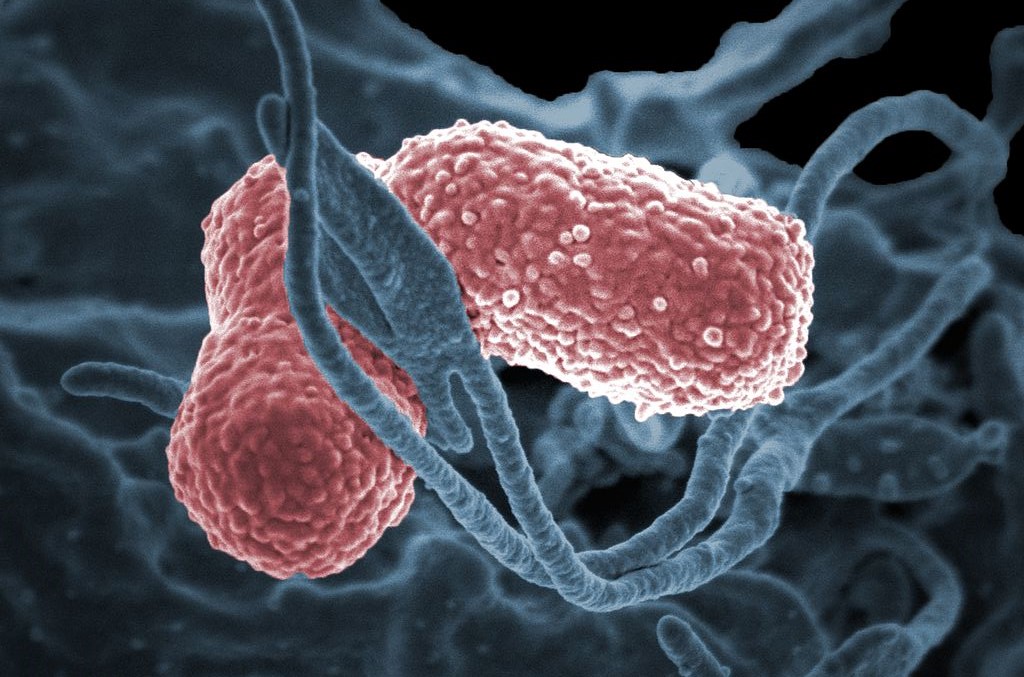
The study was conducted by researchers at the University of São Paulo, highlighting the importance of identify and isolating infected patients on admission to the emergency room. The findings also showed that containment may be impaired if patients stay more than two days in the ER.

The prevalence of dysfunctional eating behaviors among almost 1,000 vegans studied by researchers at the University of São Paulo was less than a tenth of the average for the Brazilian population. The explanation, according to the researchers, lies in the reasons for which people choose a restrictive diet.
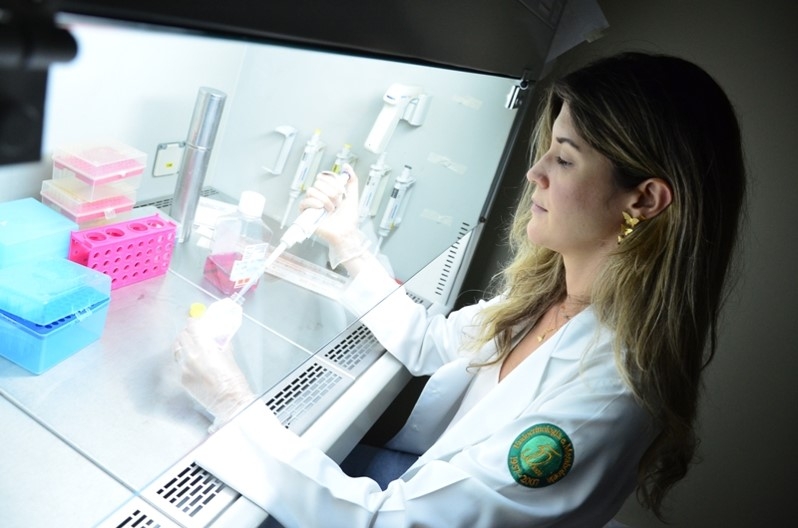
Experiments conducted at the University of São Paulo showed that expression of the gene that encodes the vitamin D receptor is greatly reduced in pediatric adrenocortical tumor cells. When the gene was activated, an anti-proliferation effect was observed. The only treatment currently available is surgical removal of the tumor.